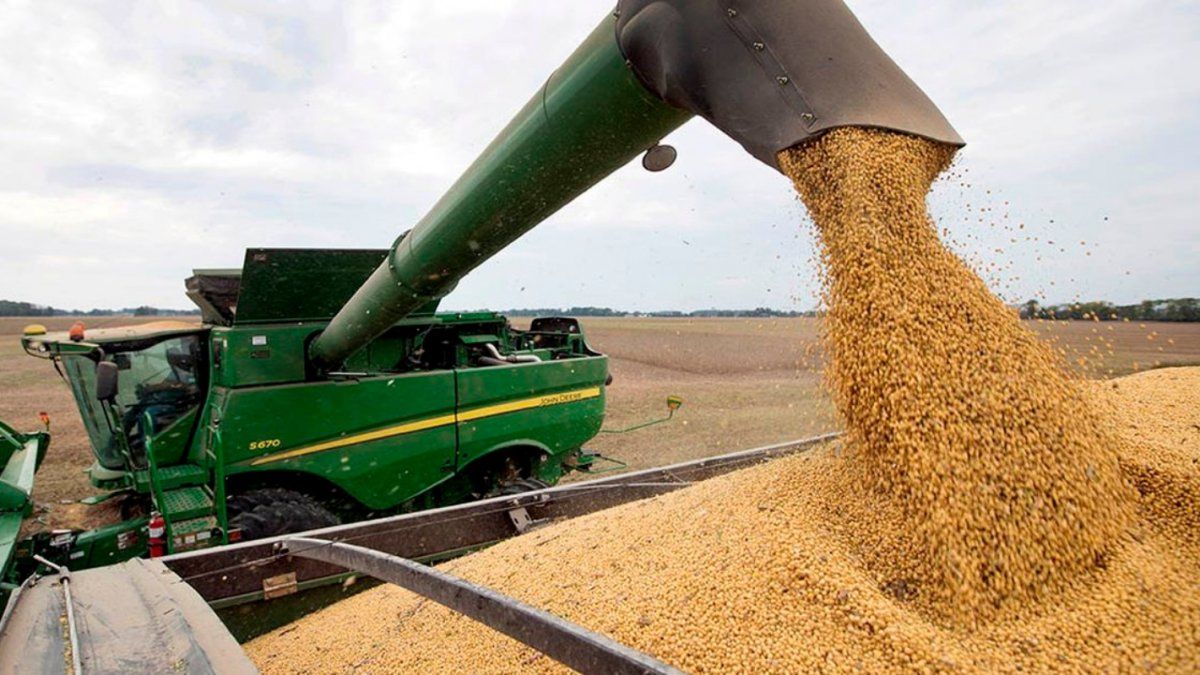From now on, if the Executive wanted to lower a tax as important as withholdings, it would have to present a project to the Deputies and it would be approved, when before it could be done by the DNU via the Official Gazette, as happened last year for various agricultural activities. Unbelievable but real, the opposition somehow managed to safeguard extensive agriculture, wheat, corn, soybeans and perhaps forgot the key role played by regional economies in the productive fabric, rooting, the generation of added value and employment, among others. not minor issues.
Coninagro, the rural entity that represents the cooperatives and that has under its orbit not only soybean, corn, wheat or meat producers, celebrated the news on its social networks with a brief statement that reads: “That it has been withdrawn, leaving Without effect, Art. 95 of Budget 2023, which delegated improper powers to the Executive to set withholdings, is an auspicious sign to the productive sector. It generates the predictability that the countryside demands, more so now when the drought is raging”.
The truth is that a day before, the Minister of the Economy, Sergio Massa, in a ceremony he held in the Buenos Aires district of Las Heras, where he also launched a plan that will benefit around 19,000 small and medium-sized producers, had been emphatic in to affirm that under no point of view the Government had thought to increase the withholdings to agriculture. It’s not in the folder today and it won’t be next year either, that’s how definitive the official was. History even shows that since the current Government took office, the tax on soybeans, cereals and meat was raised only once in 2020 and then last year there was a drop for products from regional economies that even in some cases today pay 0%.
More here at the time when the price of meat rose well above inflation and the Government intervened in the export market, the withholdings on this product did not rise either. According to what they say inside the Government, there is no political will to face such a measure.
All these clear signs seem to have been little for the opposition and the rural entities that shouted to the sky at the presentation of the 2023 Budget that proposed that the Executive once again have power over the tax, something that had remained in an area of gray when Budget 2022 fell.
In this context, Nicolás Pino, president of the Rural Society, also expressed via social networks: “In the 2023 Budget project and after today’s vote (for yesterday), we see as a symptom of “legislative maturity” that it has been left aside the article that delegated the power to set withholdings in the Executive Power. Legislators are the ones who have to work on setting the tax rules, for which we believe that a next step towards institutionality should be to order the lack of legal support that this tax has, as we claim from the SRA through the protection”.
The crux of the matter is that the Government was perhaps seeking to regain power over the tax precisely to protect itself from the judicial measures taken by the Rural Society to declare the collection of withholdings unconstitutional. A dispute that continues in the Justice and in which the Government trusts that it has more than one tool to demonstrate that the claim is unfounded.
In any case, from now on there is something that has been totally confirmed, because for that to change there has to be an agreement in Congress. Soybeans will continue to pay 33% withholdings, cereals 12%, meat 9%. Meanwhile, the Regional Economies and other export activities that have been demanding a reduction in the tax will also have to wait for Congress to agree.
Source: Ambito
David William is a talented author who has made a name for himself in the world of writing. He is a professional author who writes on a wide range of topics, from general interest to opinion news. David is currently working as a writer at 24 hours worlds where he brings his unique perspective and in-depth research to his articles, making them both informative and engaging.




